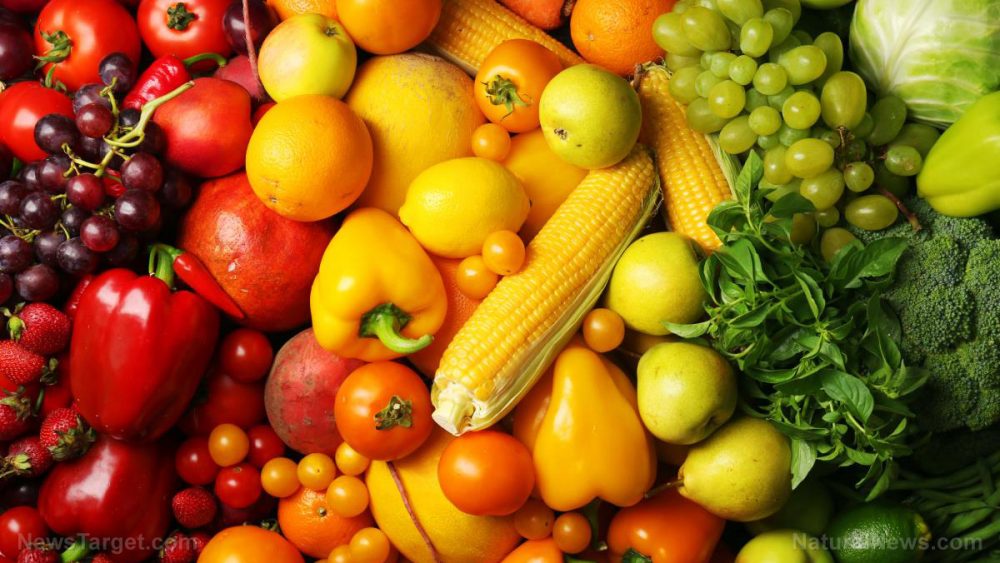
Advertisement
People who follow a vegetarian diet are less likely to develop hypertension than those who do not, according to a study published in the Journal of Hypertension. In the study, researchers from National Taiwan University looked at how this type of diet affects blood pressure, as well as other biological markers for chronic disease.
- The cohort study involved non-smoking adults and paired a vegetarian participant with five non-vegetarians using age, sex, and study site. In total, 4,109 adults were included in the study and were followed for a median of 1.61 years.
- Researchers then looked at incidences of hypertension following the cohort study, as well as SBP and DBP levels.
- To determine the association between a vegetarian diet and hypertension (including future blood pressure levels), the team used regression analyses.
- The findings revealed that those who follow a vegetarian diet, after factoring in age and sex, had a 34 percent lower risk for hypertension.
- In addition, positive results were seen in other biomarkers for chronic diseases such as C-reactive protein, waist circumference, and fasting glucose.
The team concluded that a vegetarian diet can prevent hypertension, as well as its complications.
Learn more about vegetarian diets at Veggie.news.
Journal Reference:
Chuang SY, Chiu TH, Lee CY, Liu TT, Tsao CK, Hsiung CA, Chiu YF. VEGETARIAN DIET REDUCES THE RISK OF HYPERTENSION INDEPENDENT OF ABDOMINAL OBESITY AND INFLAMMATION. Journal of Hypertension. 2016;34(11):2164–2171. DOI: 10.1097/HJH.0000000000001068
Advertisements







